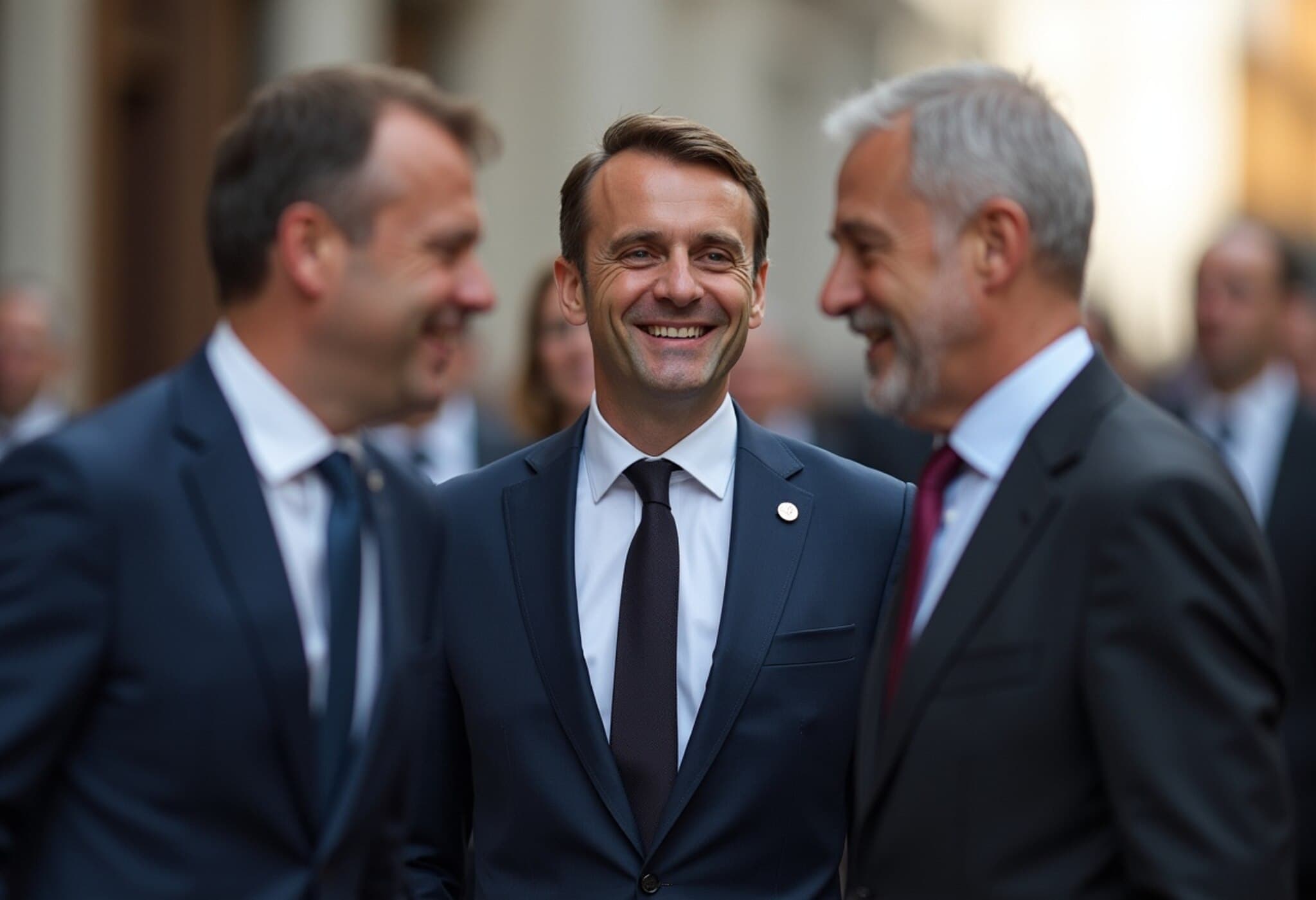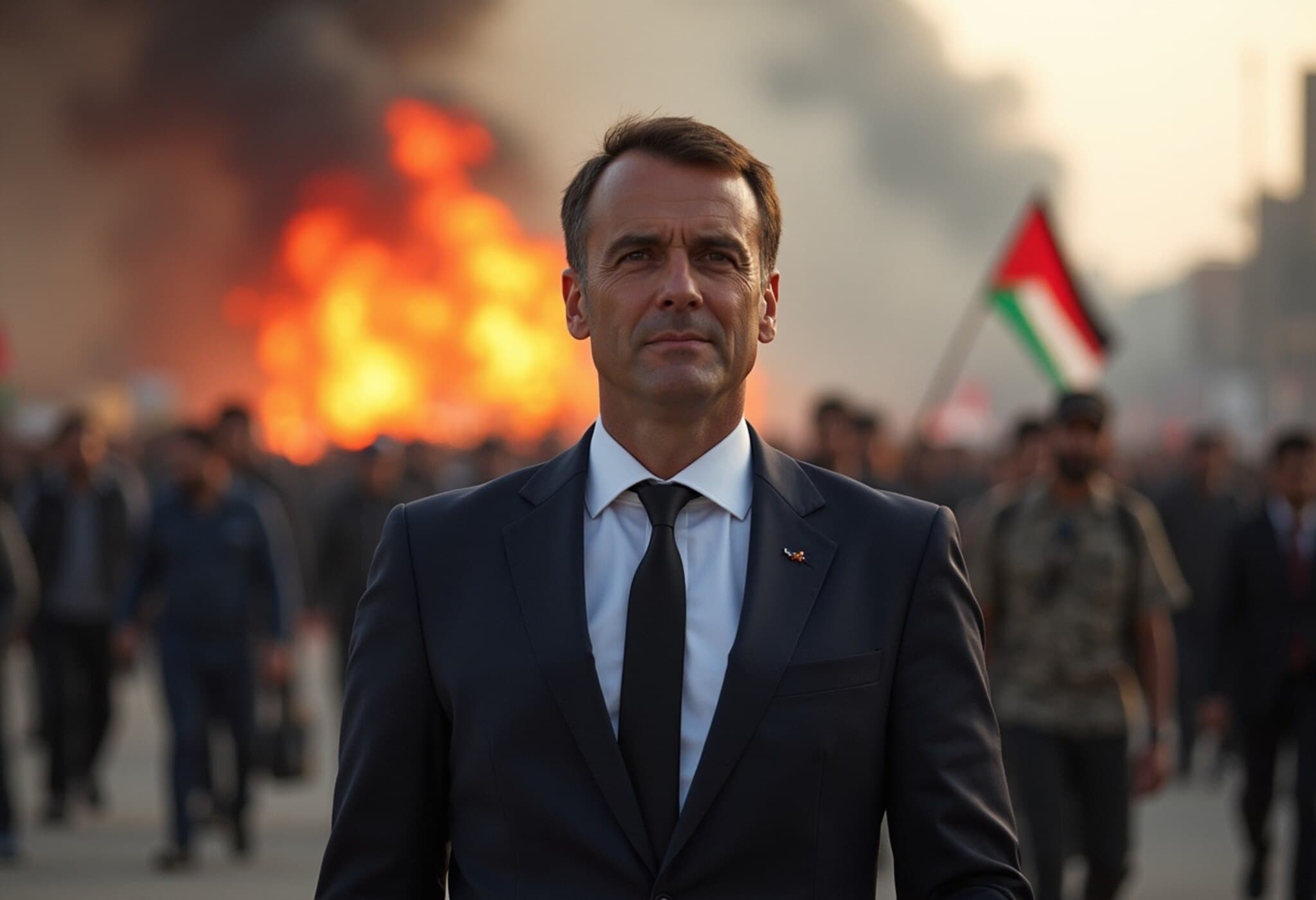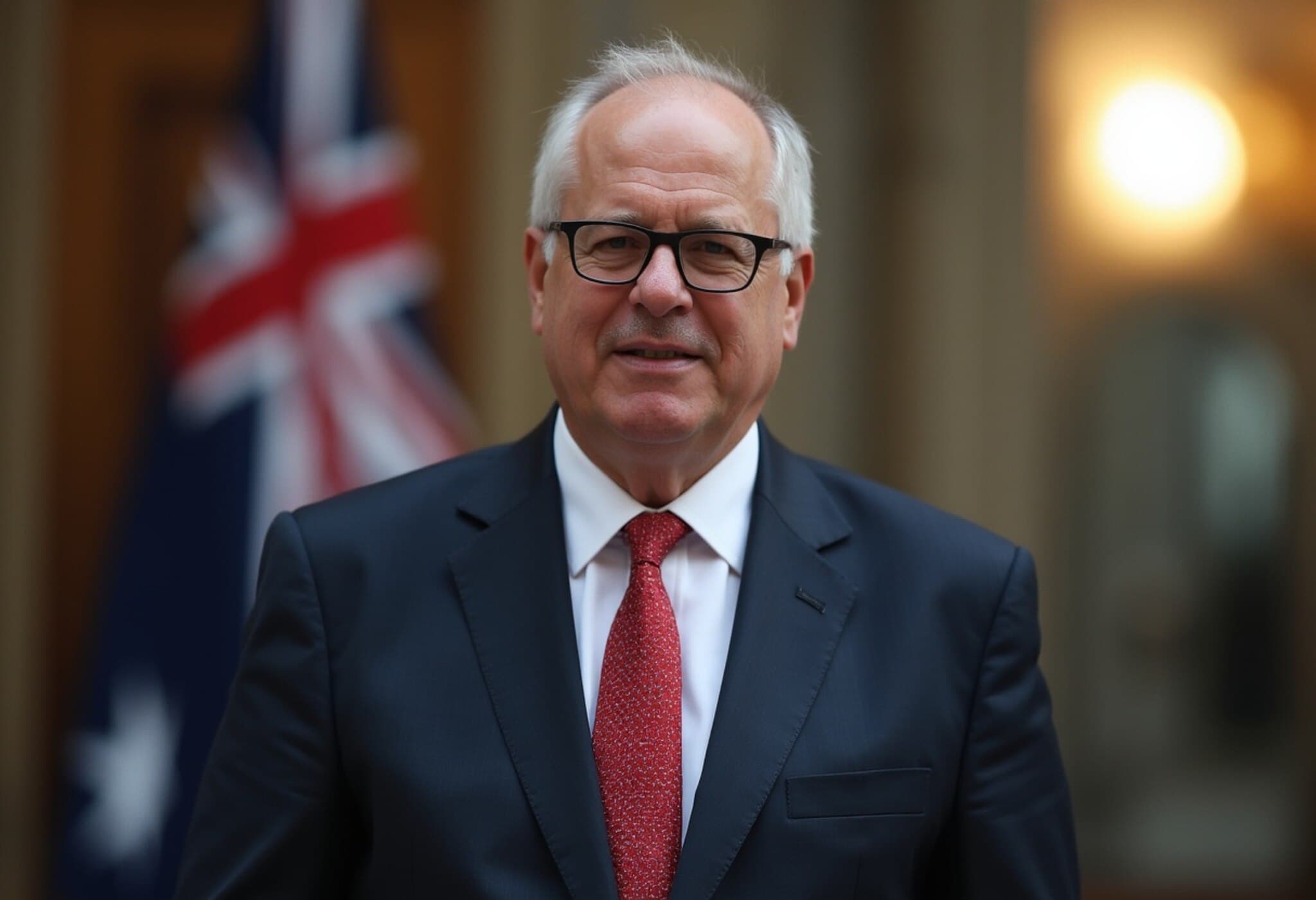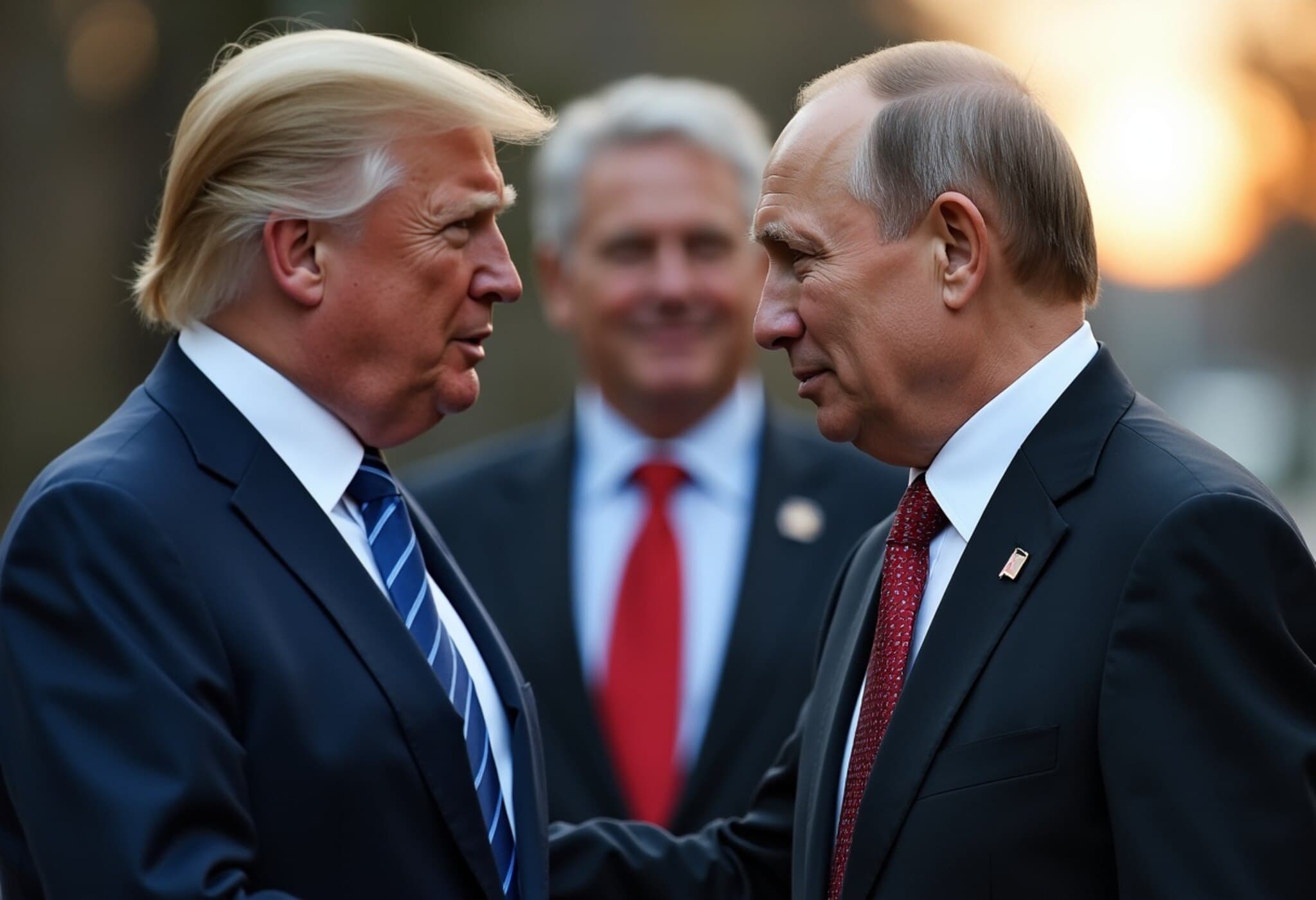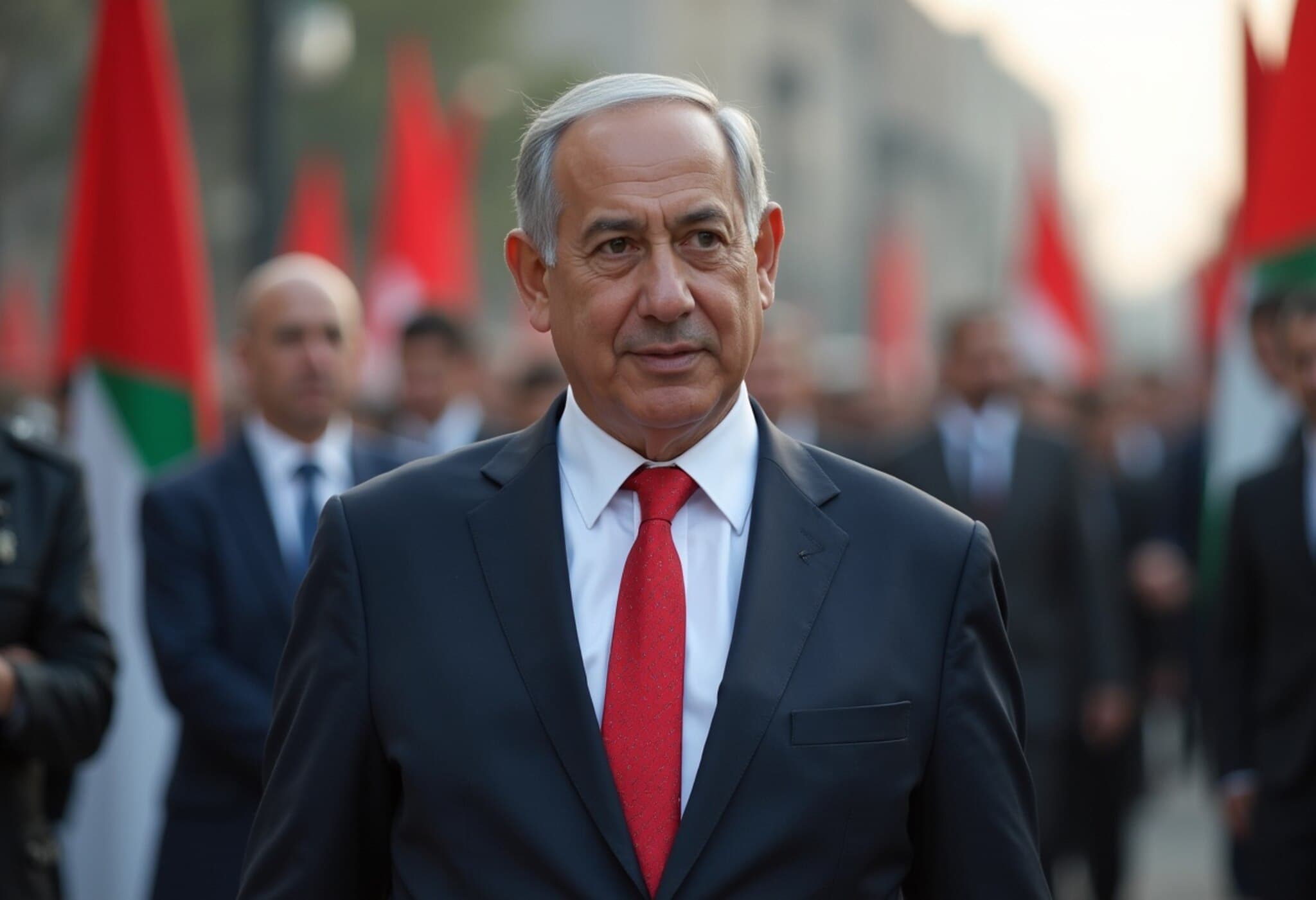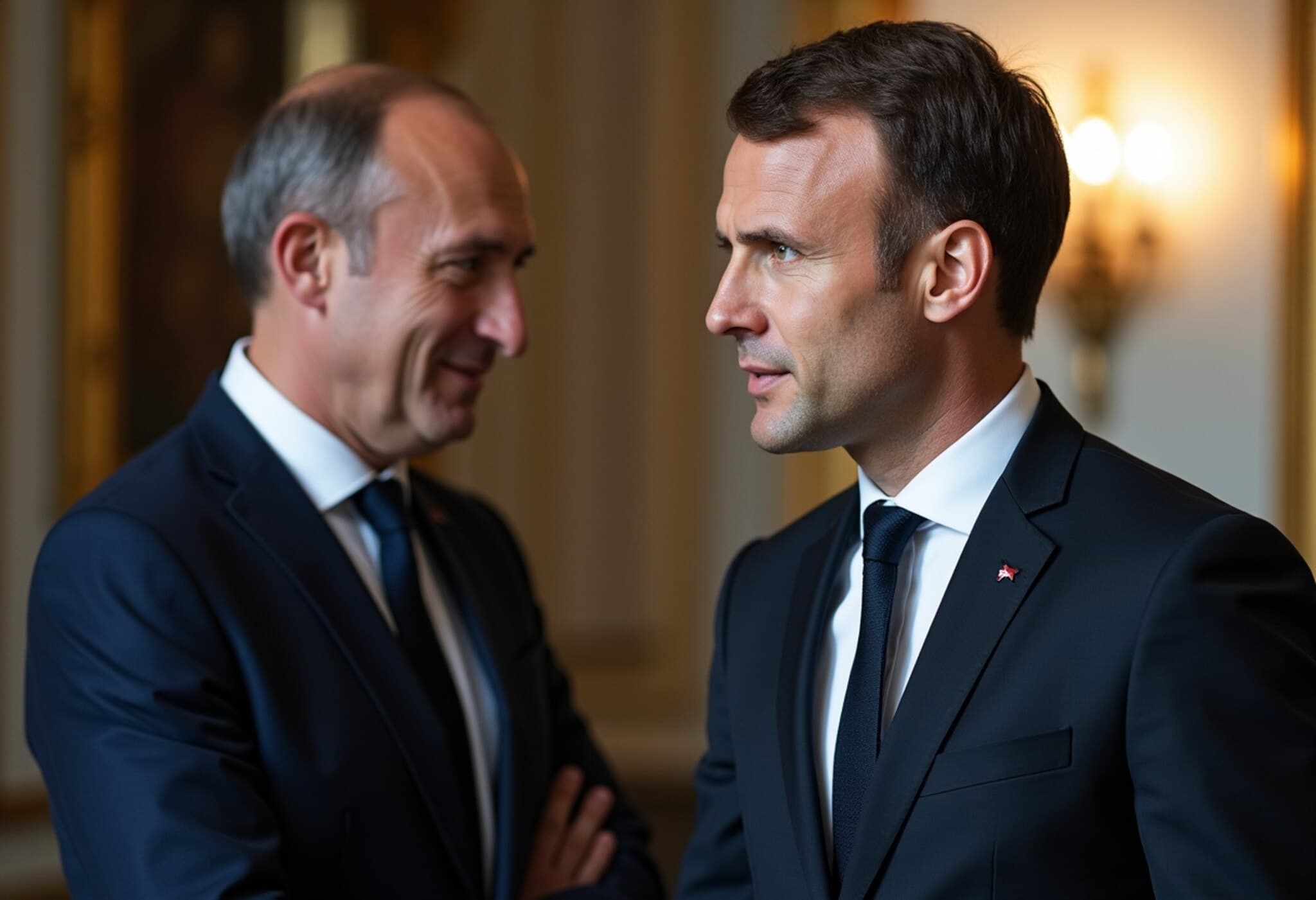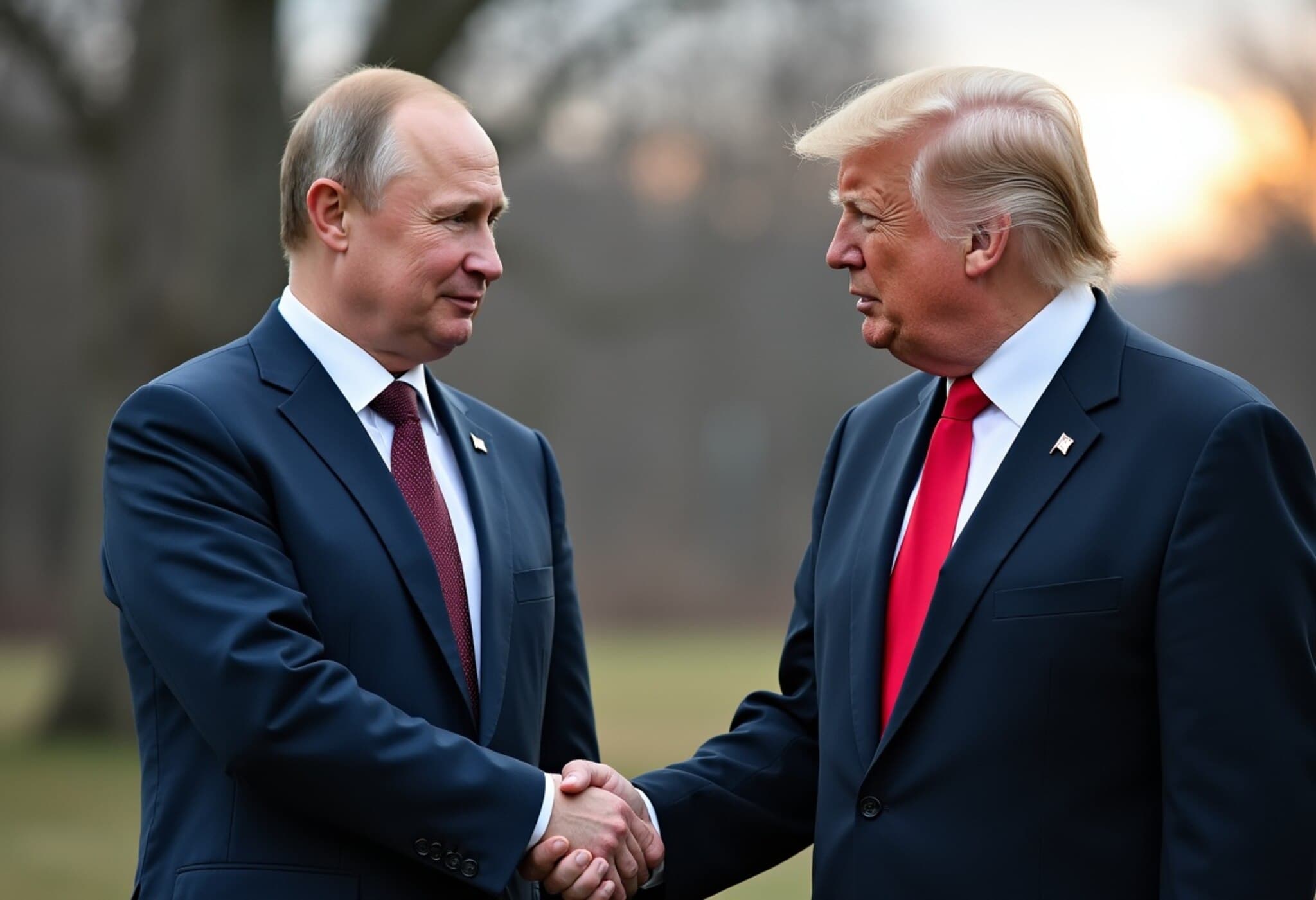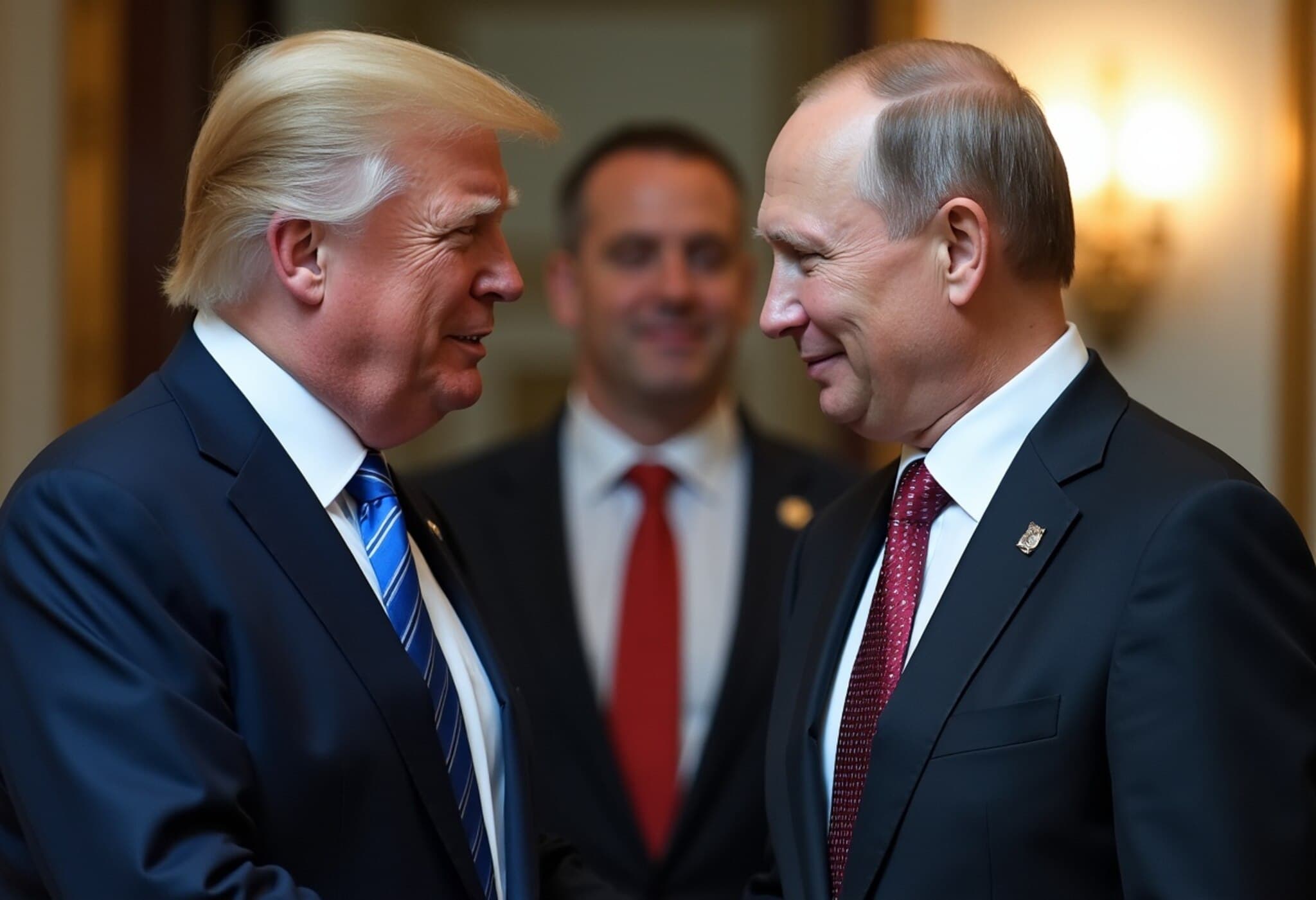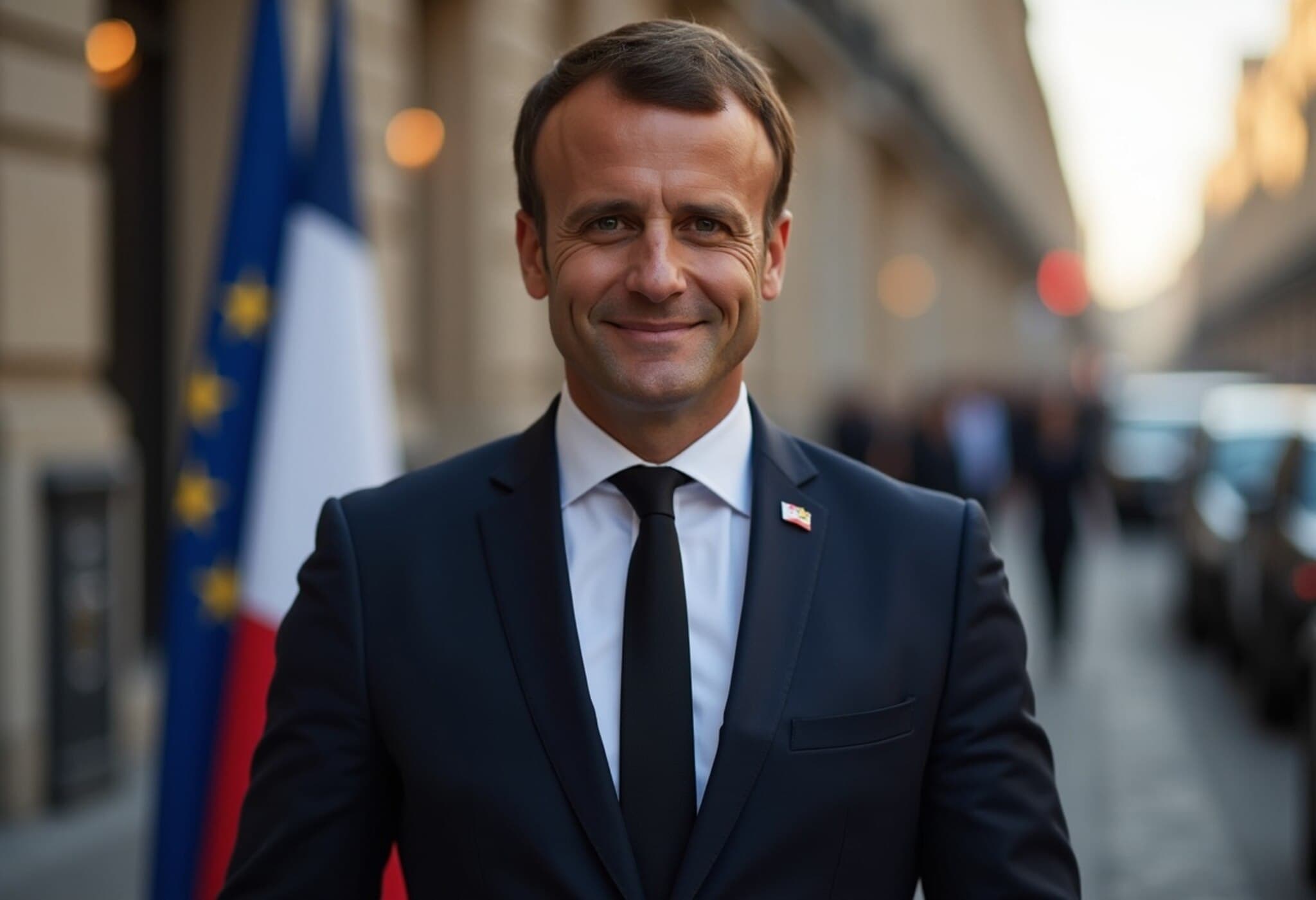European Leaders Call for Urgent Humanitarian Relief in Gaza
In the face of escalating violence and humanitarian devastation in Gaza, European leaders have come together with a unified call to end the suffering of civilians. French President Emmanuel Macron, German Chancellor Friedrich Merz, and British Prime Minister Sir Keir Starmer jointly condemned the ongoing humanitarian catastrophe and urged immediate action to provide essential food, water, and medical aid to Palestinian civilians trapped in the conflict zone.
"The humanitarian catastrophe that we are witnessing in Gaza must end now," the trio stressed in a statement that underscores the urgent need for international intervention.
Demands for Israel to Allow Unhindered Aid Delivery
The three leaders emphasized Israel's obligations under international humanitarian law, pressing for the lifting of restrictions impeding United Nations agencies and non-governmental organizations from delivering lifesaving assistance.
"We call on the Israeli government to immediately lift restrictions on the flow of aid and urgently allow the UN and humanitarian NGOs to carry out their work in order to take action against starvation,"
they declared, signaling mounting European pressure on Israel amid concerns over civilian suffering.
Sharp Divisions Emerge on Recognition of a Palestinian State
While solidarity on urgent humanitarian needs is clear, European leaders remain sharply divided over whether to recognize Palestine as an independent state — a pivotal and contentious issue reignited by President Macron’s emphatic endorsement of immediate recognition by France.
Macron’s proposal marks a bold departure from cautious European diplomacy; he articulated a vision combining humanitarian relief, Hamas demilitarization, and formal statehood for Palestine designed to contribute to lasting regional security.
“We must also ensure the demilitarisation of Hamas, secure and rebuild Gaza, and finally build the State of Palestine,” Macron said, foreshadowing France’s planned formal recognition at the upcoming UN General Assembly.
However, Chancellor Merz and Prime Minister Starmer — representing two of Europe’s other major powers — have held back from endorsing immediate state recognition. Their reluctance reflects delicate geopolitical considerations, including maintaining strategic alliances and navigating domestic political pressures.
Political Pressures and Parliamentary Voices
In the UK, Prime Minister Starmer faces rising calls from within his own Labour Party and beyond.
- Over 110 Labour MPs, together with 111 MPs from other parties, signed a letter advocating for swift recognition of Palestinian statehood.
- The letter cited Britain’s historical role under the 1917 Balfour Declaration and affirmed a commitment to a two-state solution dating back to 1980.
Despite this grassroots momentum, official government policy remains cautious, emphasizing recognition as a step within a larger peace process rather than an immediate unilateral act.
Regional and Global Context: Navigating Complex Alliances
Israel strongly opposes the push for Palestinian statehood during active conflict. Prime Minister Benjamin Netanyahu warned that such recognition could embolden Hamas and similar groups, effectively turning a nascent Palestinian state into a launchpad for further attacks.
"The Palestinians do not seek a state alongside Israel; they seek a state instead of Israel," Netanyahu asserted, framing the debate as one of existential security.
This tension situates the European debate within a broader international landscape marked by US ambivalence—highlighted by former President Donald Trump’s dismissal of Macron’s proposal—and enduring Middle East complexities.
Expert Perspectives: What’s at Stake?
From a policy analyst’s viewpoint, the current discord within Europe encapsulates the challenges of balancing humanitarian urgency with political pragmatism.
- Humanitarian consensus: European leaders concur that civilian suffering in Gaza demands immediate alleviation without political preconditions.
- Political caution: State recognition is being weighed against strategic alliances, regional stability, and the realistic prospects of peace negotiations.
- Future of two-state solution: Many leaders frame Palestinian statehood as an eventual outcome embedded within a negotiated peace, rather than an instantaneous resolution.
This nuanced stance reflects deeper questions about the efficacy of international diplomacy, the moral imperatives of response to civilian crises, and the evolving dynamics between Europe, Israel, Palestine, and the wider Middle East.
Looking Ahead: UN General Assembly and Global Implications
The upcoming UN General Assembly meeting in September is expected to place France’s recognition plan at the center of global debate, potentially reshaping international approaches to the Israeli-Palestinian conflict.
With humanitarian conditions worsening, officials on all sides face intensified scrutiny to act decisively. The European discourse demonstrates the fraught intersection of advocacy, diplomatic strategy, and moral responsibility in one of today’s most enduring conflicts.
Editor's Note
As European leaders unite unequivocally to demand an end to the suffering in Gaza, their divergence on state recognition exposes the complexities at the heart of the Israeli-Palestinian conflict. This moment invites readers and policymakers alike to reflect on the interplay between urgent humanitarian action and longer-term peace solutions. Will political caution delay justice for civilians, or can these dual imperatives be harmonized to pave a path forward? The coming months—and global diplomatic responses—will prove critical in shaping the future of the region.

